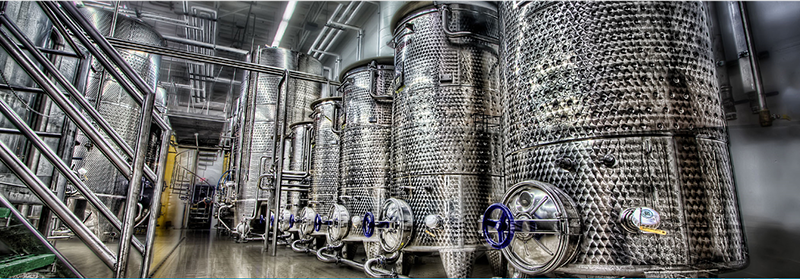The fermented tea Kombucha, has gained fame and popularity amongst the fans of healthy nutrition all over the world. The researchers have no common idea about the history and origin of this ancient miraculous tea. But most of them believe that Kombucha has been developed about 206-221 B.C. in Manchuria, northern China, for the first time and then has been introduced to Japan, Korea, India and Russia. Others believe that Kombucha has its origin in Garsak, Russia.
In the early 1920, a Japanese researcher, named Dr. Pan Pen, during his researches in the inhabitants of mountainous Caucasus, concluded that other than climatic and genetic conditions, continuous use of Kombucha is the main reason of the life span over 110 years. The results also applied to the rural people of Bakutaya (Siberia), Tibet and Spain who drank Kombucha continuously and lived more than 110 years. These people are unfamiliar with some diseases such as TB, indigestion and cancer (1). Dr. Pan Pen has mentioned most of the properties of Kombucha in his reports (2).
Generally speaking, the immigrants of of Asia and Eastern Europe introduced Kombucha to the Westerners. Before the Second World War, its use was common in Japan, India, Russia and Germany; but diminished during the war because of the shortage of tea and sugar (the medium of Kombucha). During 1960 and 1970, it was reused as an antidote against undesirable habit of nutrition. The western media proposed this based on the researchers, like Dr. Rudolf Sklener.
He studied medicine in the university of Prague and faced by Kombucha in a monastery. He cultivated Kombucha during the Second World War and reported his observations during 1960 which promoted people’s awareness about Kombucha.He used Kombucha for the treatment of Diabetes, high blood pressure, digestive disorders, rheumatism and gout and even in cancer. His therapeutic methods were successful and many doctors followed him. Today, this healthy and natural beverage is used extensively in Europe and USA, so that there is some association related to Kombucha.

Kombucha is mentioned by some names, such as: Kombucha, Kombuchai, Kombucha,and Kombuchai.In other languages, it is mentioned by other names: Russian flower, Russian jelly, Russian mother, Japanese fungus, Japanese sponge , Extraordinary fungus, Miracle fungus, Champion fungus, Longevity fungus, Divine tae and Gout jelly. In France, they call it ”Longevity Elixir”. The German researcher, Gunther Frank has mentioned 80 other names in other languages (3).
But, the question remains about its appellation. Some say that a Korean medicine, named Kombu, has used a miraculous beverage, similar to tea, for treating Japan Emperor (Ikio), and they combined Kombu with tea (Chai) and called it Kombucha. Afterwards, it was used by Samorai warriors frequently.
On the other hand, on the coastal regions of Japan, A sea plant named Kombu (brown moss)was used by Japanese like tea. Maybe they combined Kombu with Chai (tea) and called it Kombucha.
(1) Harald W. Tietze; Kombucha – The Miracle Fungus, 1996, p 8
(2) Günther W. Frank; Kombucha, p. 135
(3) Günther W. Frank; Kombucha – Das Teepilz-Getränk, 18. Edition, 2014, p. 111-113

